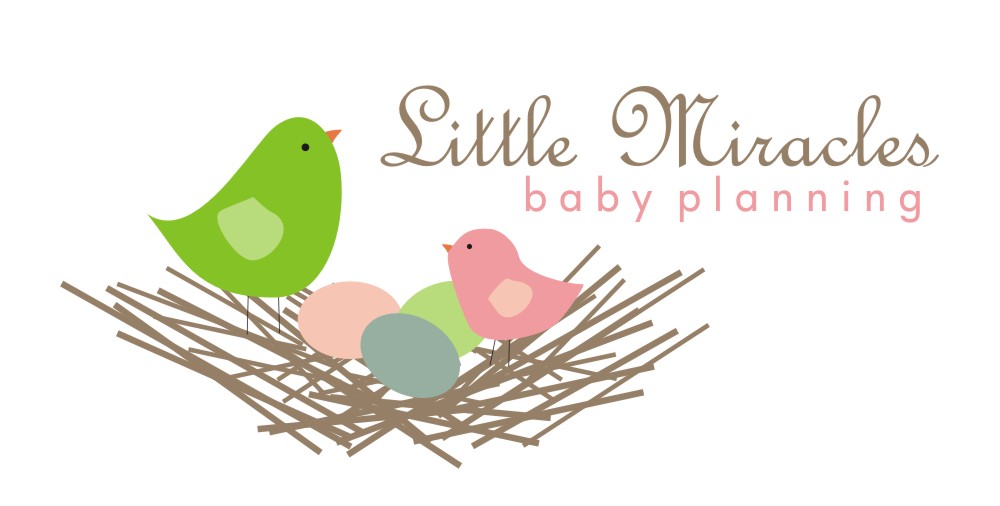
Thirty-five percent of American children start kindergarten without sufficient language skills, according to the American Academy of Pediatrics. But reading aloud to your baby helps. Through story time interactions now, your baby will develop abilities -- including language and social skills -- to later advance her school learning. Plus, story time fosters a close emotional relationship between you and your baby. Ruth Anan, Director of the Early Childhood Program at Beaumont Hospital near Detroit, says babies learn to associate books with the pleasure of being with parents, and this pleasure will translate to a love of reading.
When to Start Reading
Starting to read to your baby at birth is ideal to establish a habit of reading. But you can start a little later. Joseph Zanga, president of the American Academy of Pediatrics (AAP), suggests that you begin reading to your baby daily once your baby turns 6 months. Your baby is unable to make sense of what he hears at this age, but his brain still receives stimulation. This early exposure to language will help your little ones become successful readers and writers.Make sure that by 12 months, your baby is exposed to developmental books. Although he can't verbally show his language skills, he is experiencing an explosion of language interest and is mentally combining words to create new ideas. By the age of 2, your child is developmentally ready to experience the real pleasure of books.
Reading Frequency
Set aside time every day to read with your baby, regardless of how old she is. There's also no limit to how long story time should last. For your little baby, the most important thing is the interaction with you -- your voice, your embrace, and your scent. These components stimulate learning in babyhood.If your child has already developed verbal skills, you can start with 10 minutes of reading three times a day, and monitor your child's attention level. If she is able to follow along, keep reading. Once your child stops responding to your questions, take a break. It's also not necessary to stop reading to your child once she can read because she will still enjoy sharing time with you.
Creating a Secure Attachment
It is important for your baby to develop secure attachment, which will allow him to comfortably explore his environment and grow socially-competent. Reading also contributes to the level of attachment in mother-child relationships. Studies by child behaviorist Bus and van IJzendoorn show that mother-child pairs that developed a higher level of secure attachment engaged in more shared book reading than the pairs that developed a lower level of secure attachment. They also found a relationship between shared book reading and the emotional development of young children.Vocabulary
At the age of 2 years, your child starts to expand his vocabulary. So, it's very important that you carry out story time in a way that helps him learn more words. Blewitt, a professor of psychology at Villanova University in Philadelphia, researches early vocabulary learning, and suggests that a child whose vocabulary lags behind his peers is unlikely to catch up later; a child with a larger vocabulary will remain ahead.You can start by running your fingers under the words as you read to show that print carries the story. Occasionally, stop and ask your baby to name things in the pictures. Then talk about how the story and pictures relate.
Parent-Child Relationship
Story time fosters what Lucia French, professor at University of Rochester's Warner Graduate School of Education and Human Development, refers to as "lap reading" -- a positive relationship that connects a child to the reader of the book. A familiar four-part routine increases a child's interaction with a story: parent gets child's attention, parent asks child a question, child responds, and parent gives feedback. Reading simple books allows parents to control the difficulty of their questions and place increasing demands on a child's quality of responses.Spoken Language
Research shows that for children to become readers, they should talk and listen a lot. When your child listens to you read, she learns to recognize some speech sounds that make up the words and will later imitate the sounds and tones. The National Institute for Literacy suggests that even baby talk contributes to a child's ability to understand language. And children who are not encouraged to talk often have problems trying to read.Phonological & Phonemic Awareness
Reading helps your child construct phonological awareness, which is the understanding that each word contains syllables and words make up sentences. Meanwhile, your child begins to distinguish individual sounds, or phonemes, that form a word when she hears your pronunciation. Children who have phonological and phonemic awareness can take spoken words apart by sound. Or they can combine sounds to make words. As a result, they find it much easier to read than those who have not gained the awareness.Focus & Attention
Your child might not be able to sit still for long, and that's normal. Your child will learn better when the experience has a positive emotional or social meaning, so for now, don't force it. Try engaging your child in an interactive, enthusiastic reading and his ability to focus will grow.Here are some tips from Ruth Anan, a psychologist at Beaumont Hospital near Detroit, to keep your child's attention while reading:
- Read before bedtime; it's the time children learn to be less active.
- Find books that stimulate your baby.
- Incorporate some movements, such as rocking, that harmonize with rhymes from a book.
General Knowledge
Books can enhance overall knowledge by teaching concepts your child isn't exposed to in daily life, such as fishing or farming. Some books also introduce your child to the logic of problem solving and can develop those skills. For example, your child can learn that some materials are heavier than others by reading a book about feathers and stones.Print Awareness
Observational learning is one way your child learns to appreciate reading as a central activity of her life. Seeing you read helps your child understand the purpose of reading and how reading works. If you run your finger under words while reading, your baby will learn to read from left to right and turn pages from right to left. Villanova University's Professor Pamela Blewitt says that these are pre-literacy skills that help children make a smooth transition into reading by themselves later in childhood.Creates Moral Awareness
By the age of 2-1/2 to 3 years old, your child starts to understand manners and delayed gratification, meaning she can suppress her immediate needs for future enjoyment. You can read your child a book with moral implications that will teach and reinforce your child's pro-social behaviors.Gaining Trust
Blewitt suggests that being sensitive and responsive to a child's cues is a key element in building a sense of security in a young child. Gaining an insight to your child's interests helps you make the story-reading process more pleasant. Spending time with your child in a relaxed, pleasurable, shared activity such as reading, sends a message to your child that you like to do things together. Ultimately, your child will learn to feel safe and develop trust that fuels learning.Books for Babies
From birth to 2 years old, your baby learns through his senses. So, it's all about you talking to your baby with a book instead of actually reading the words. Any books that promote interaction between you and your baby such as picture, texture, and pop-up books are preferable. And because your baby often puts things in his mouth, cloth books are safe alternatives.Books for Toddlers
Once your child starts developing literacy skills, you can read rhyming books and alphabet books to help her early literacy development. French also suggests nonfiction books for children, which have burgeoned in the past few years. Your child will be eager to read these books because she'll learn about the world.If your child shows special interests in any particular types of books, read what she is interested in, even if it means reading the same book 10 times. This creates the love of reading and helps connect your baby to the real world. Also, making a regular trip to a library and letting your child pick out her own books will keep her motivated to read.
Electronic Books vs. Traditional Books
Recent studies by researchers from Temple University Infant Laboratory in Philadelphia and Erikson Institute in Chicago show that only about one-third of children participating in the research chose electronic books over traditional books. The research also shows that parents and preschool children generate a more positive interaction when reading a traditional book together than when reading an electronic book. The fact that parents and children generally don't read e-books together might contribute to the finding.Nina Sazer O'Donnell, vice president of United Way Worldwide, suggests that learning tools that encourage your baby to learn individually are not as effective as activities that require interaction. Children don't need all the bells and whistles; they only need the interaction and real-life connection between words, stories, and songs that will encourage wonderful learning experiences.
Copyright © 2010 Meredith Corporation.

.png)




No comments:
Post a Comment